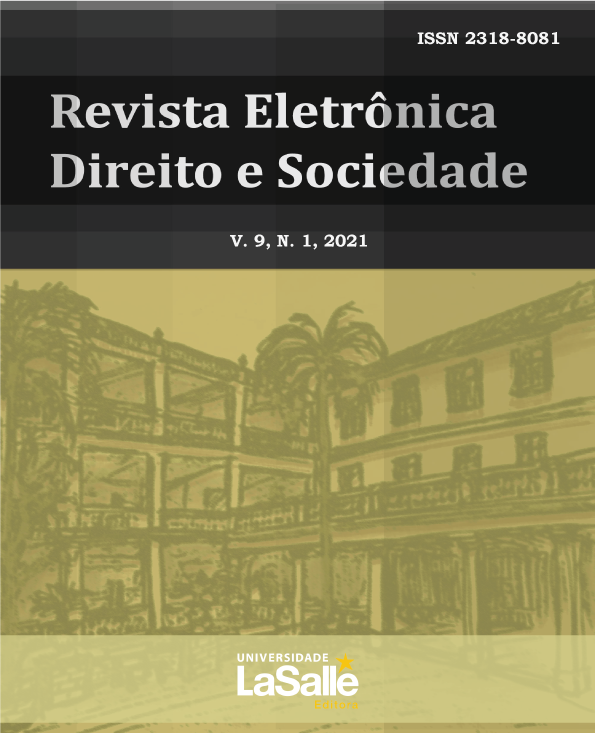Control and surveillance on the Internet: computational technique as a mechanism for power increase
DOI:
https://doi.org/10.18316/redes.v9i1.6534Keywords:
Internet, Control, Domination, Surveillance, AlgocracyAbstract
This paper aims to analyze the manifestation of control and surveillance mechanisms used by the state and corporate spheres, comprehending how it is forced over people through the internet and its satellite technologies. Due to the disruptive progress of contemporary society, it is possible to foresee a clear change in social dynamics including the expression of power, reflecting in a series of new models within the programmed, open and almost infinite environment of internet. Therefore, this research starts with a critical analysis of said control and surveillance techniques, especially the computational and informational ones, advancing to understand its expression as a tool of domination. It is important to understand technique differences while acting on “the world of atoms and on the world of bits”, guiding it to comprehend new theorized models about the exercise of control and surveillance in the programmed environment. The proposed paper has the inductive method as its methodological paradigm, taking models theorized by selected academics as basis for understanding the control models in the social environment. It is important to note that there is the collection of a bibliographic review of works, articles and news related to the topic as support for the chosen methodology.
Downloads
Published
Issue
Section
License
Authors who submit their manuscripts for publication in the “REDES” Magazine agree to the following terms:
The authors claim to be aware that they retain copyright by giving “REDES” the right to publish.
The authors declare to be aware that the work submitted will be licensed under the Creative Commons Non-Commercial Attribution License which allows article sharing with acknowledgment of authorship and publication in this journal.
The authors declare to be aware that by virtue of the articles published in this journal have free public access.
The authors declare, under the penalty of the law, that the text is unpublished and original and that they are aware that plagiarism has been identified, plagiarized authors will be informed - willingly, to take legal action in the civil and criminal sphere - and, plagiarists will have their access to the magazine blocked.
The authors state that - in case of co-authoring - all contributed significantly to the research.
Authors are obliged to provide retractions and (or) corrections of errors in case of detection.
The authors are obliged not to publish the text submitted to “REDES” in another electronic journal (or not).
The Electronic Journal Law and Society - REDES - is licensed under a Creative Commons License. Attribution-NonCommercial 4.0 International.Based on work available at "http://revistas.unilasalle.edu.br/index.php/redes/about/submissions#copyrightNotice".
Permissions in addition to those granted under this license may be available at http://creativecommons.org/.

